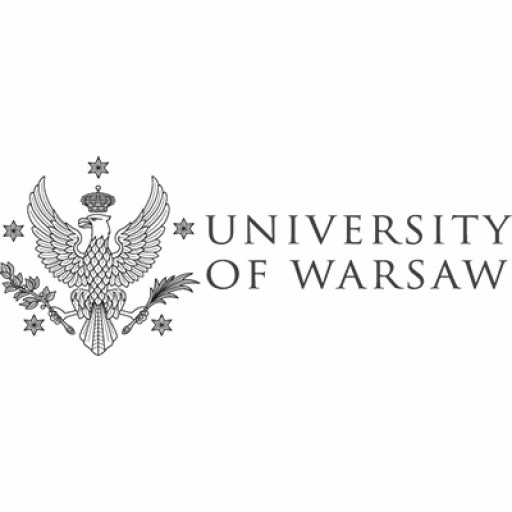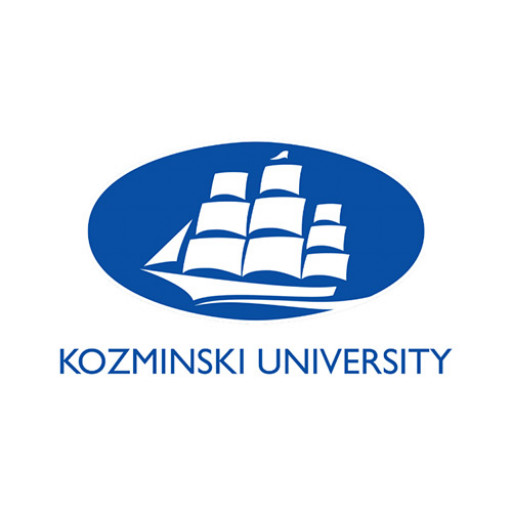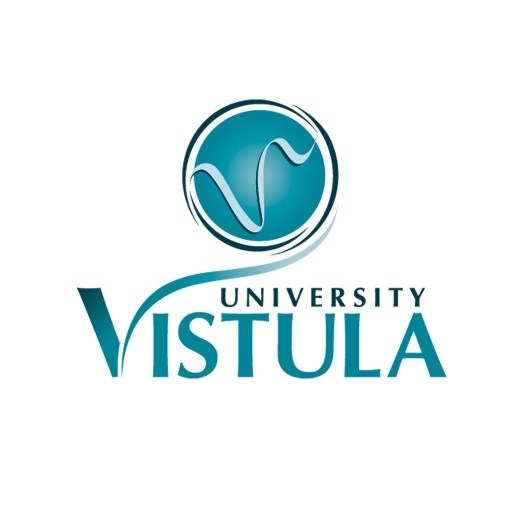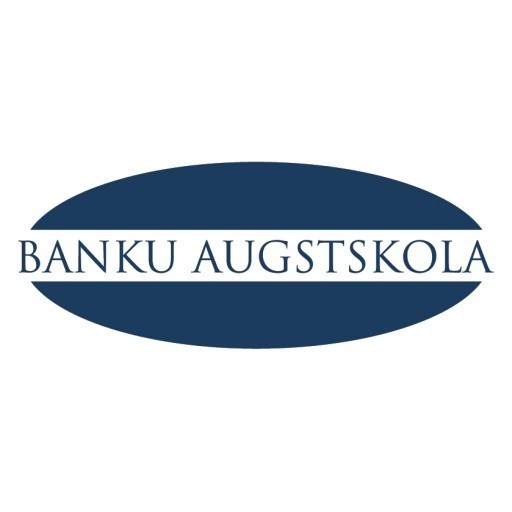Photos of university / #uniwersytetwarszawski
The Quantitative Finance specialization within the Finance, Investments, and Accounting program at the University of Warsaw offers students an in-depth understanding of advanced mathematical and statistical methods applied to financial markets. This program is designed for students who are passionate about the intersection of finance and technology, aiming to develop the skills necessary to analyze complex financial data and to create sophisticated models for decision-making in investment strategies, risk management, and financial engineering. Throughout the course of study, students will explore core topics including stochastic processes, econometrics, numerical methods, and programming languages such as R or Python, which are essential tools for modern quantitative analysis. The curriculum emphasizes both theoretical foundations and practical applications, enabling students to apply quantitative techniques to real-world financial problems. They will learn how to develop algorithms for pricing derivatives, optimize portfolios, and assess financial risks with a high level of accuracy and efficiency. Additionally, students have opportunities to engage in supervised research projects, internships, and collaborations with financial institutions, providing valuable industry experience. The program also covers important areas such as financial markets, investment strategies, and regulation, ensuring a comprehensive understanding of the financial ecosystem. Graduates of this specialization will be well-equipped to pursue careers in quantitative analysis, risk management, financial modeling, and algorithmic trading, among others, in both domestic and international financial markets. The University of Warsaw’s academic faculty includes leading experts in mathematics, economics, and finance, offering students mentorship and up-to-date knowledge in the rapidly evolving field of quantitative finance. By completing this program, students will gain a competitive edge in the financial industry, have strong analytical and computational skills, and be prepared to contribute effectively to innovation and decision-making processes in the world of finance.
The Quantitative Finance specialization within the Finance, Investments, and Accounting program at the University of Warsaw offers students a comprehensive education in the mathematical and computational techniques essential for modern financial analysis and risk management. The program is designed to equip students with a solid foundation in financial theory, quantitative methods, and programming skills necessary to analyze complex financial data and develop innovative solutions in the finance industry. Throughout the course, students explore a wide range of topics, including financial mathematics, econometrics, statistical modeling, and computational finance. They learn to apply advanced mathematical models to evaluate financial derivatives, optimize investment portfolios, and assess market risks.
The curriculum emphasizes both theoretical knowledge and practical skills, with numerous opportunities for hands-on experimentation through simulations, case studies, and project work. Students gain experience in programming languages such as R, Python, and MATLAB, which are crucial for implementing quantitative models and performing data analysis. The program also covers topics related to financial markets, the functioning of stock exchanges, and the underlying mechanisms of trading and investment strategies. As part of their studies, students explore risk management techniques, including Value at Risk (VaR) models, stress testing, and scenario analysis, preparing them for roles in asset management, banking, insurance, and financial consulting.
The program fosters a research-oriented approach, encouraging students to contribute to current debates and innovations in quantitative finance. They learn to interpret and communicate complex quantitative findings effectively to clients and colleagues. Faculty members are distinguished researchers and industry professionals who bring real-world insights into the classroom. Graduates of this specialization are well-prepared for careers in quantitative analysis, financial engineering, algorithmic trading, and risk management, among other fields. The University of Warsaw’s state-of-the-art facilities, strong connections with financial institutions, and active alumni network provide students with valuable opportunities for internships, networking, and professional development. Overall, the Quantitative Finance specialization aims to develop highly skilled specialists capable of solving complex financial problems through innovative mathematical and computational techniques, contributing to the advancement of the global financial industry.
The programme is in English and is open to all international and Polish applicants. Candidates must:
• have a bachelor, master, engineer or equivalent degree
• possess knowledge of English
• submit a cover letter: max 100 pts (10 % weight)
• two letters of recommendation from academic, with at least PhD degree-teachers who knows the candidate personally: max 10 pts for each letter (each letter 10% weight)
• present a transcript(s) of records for the relevant undergraduate cycle (diploma supplement from the EU or the equivalent in other countries); for each subject (Microeconomics, Macroeconomics, Mathematical Statistics, Probability Calculus, Econometrics, Mathematical Analysis / Mathematical Calculus, Finance) max 100 pts (10 % weight); numbers of hours and received grade are taken into account.
More information on admission: irk.uw.edu.pl
The Finance, Investments and Accounting programme with a specialization in Quantitative Finance at the University of Warsaw is designed to equip students with advanced knowledge and practical skills in financial analysis, investment strategies, and accounting practices, with a strong emphasis on quantitative methods. The programme covers core areas such as corporate finance, financial markets, investment analysis, risk management, and financial modeling, preparing graduates for careers in banking, asset management, financial consulting, and corporate finance. The curriculum integrates mathematical and statistical techniques crucial for modeling financial markets, pricing derivatives, and managing financial risks. Courses often include quantitative methods for finance, econometrics, financial mathematics, and programming for finance, providing students with the tools necessary to analyze complex financial data and develop predictive models. Students also gain a thorough understanding of accounting principles, financial reporting standards, and auditing, which complement their investment and finance expertise. Practical training is emphasized through case studies, internships, and projects, enabling students to apply theoretical knowledge to real-world financial issues. The programme is typically delivered through lectures, seminars, and workshops, with opportunities for interdisciplinary learning. Graduates are well-prepared to pursue careers in quantitative analysis, risk management, financial engineering, and investment analysis. The programme also fosters critical thinking, problem-solving skills, and ethical judgment essential for successful finance professionals. The University of Warsaw may also offer partnerships with financial institutions and guest lectures from industry experts to enrich the educational experience. Overall, the programme aims to develop highly skilled finance specialists capable of operating effectively in dynamic and complex financial environments, with a strong foundation in quantitative methodologies to support innovative and data-driven decision-making in finance.
The Quantitative Finance specialization within the Finance, Investments, and Accounting program at the University of Warsaw offers students an in-depth understanding of financial instruments, quantitative methods, and risk management techniques. This program is designed to equip students with strong analytical skills and advanced knowledge in mathematical modeling, statistical analysis, and computational techniques applicable to finance. The curriculum covers core areas such as financial mathematics, econometrics, asset pricing, portfolio management, derivatives, and financial engineering, preparing graduates for careers in investment banks, hedge funds, asset management firms, and financial consulting companies. The program emphasizes practical application through project work, internships, and collaborations with industry partners, providing students with real-world experience in financial markets. Students also gain proficiency in programming languages like Python, R, and MATLAB, which are essential tools in quantitative analysis. The program aims to develop critical thinking, problem-solving abilities, and a solid understanding of modern financial theories, enabling graduates to analyze complex financial data and develop innovative investment strategies. The faculty comprises experienced researchers and industry professionals who provide mentorship and up-to-date insights into the latest developments in quantitative finance. Upon graduation, students are well-prepared for engaging roles requiring advanced quantitative knowledge, including risk management, quantitative analysis, and financial modeling positions across various sectors of the global financial industry.








